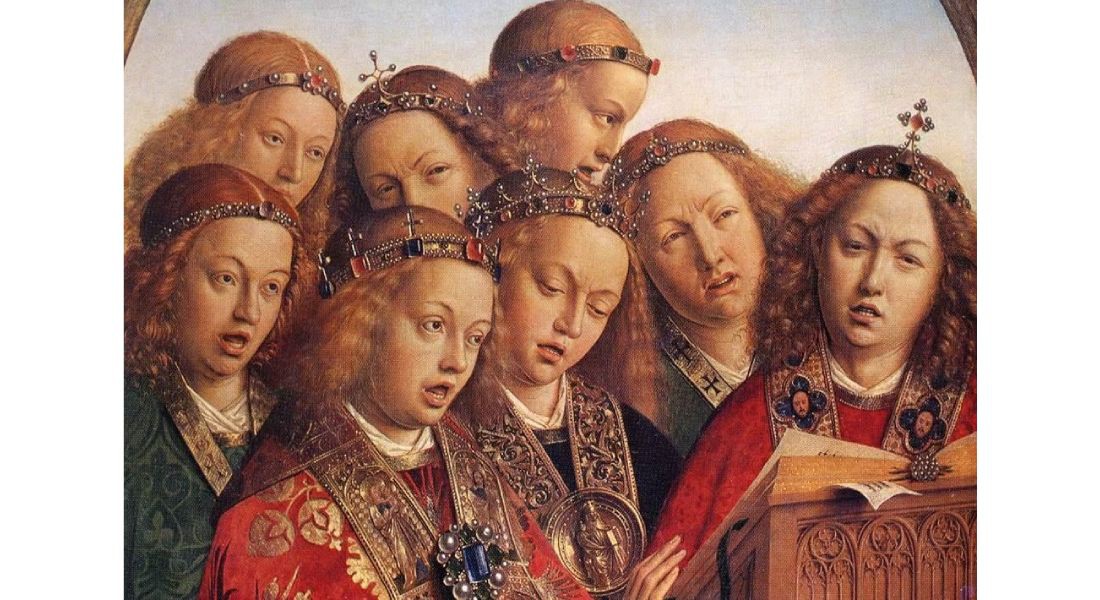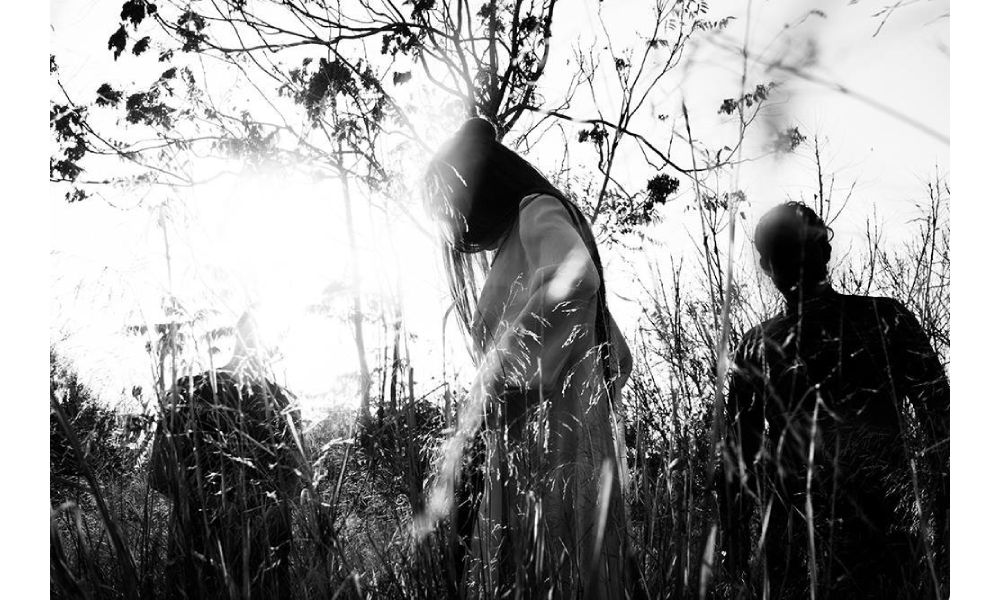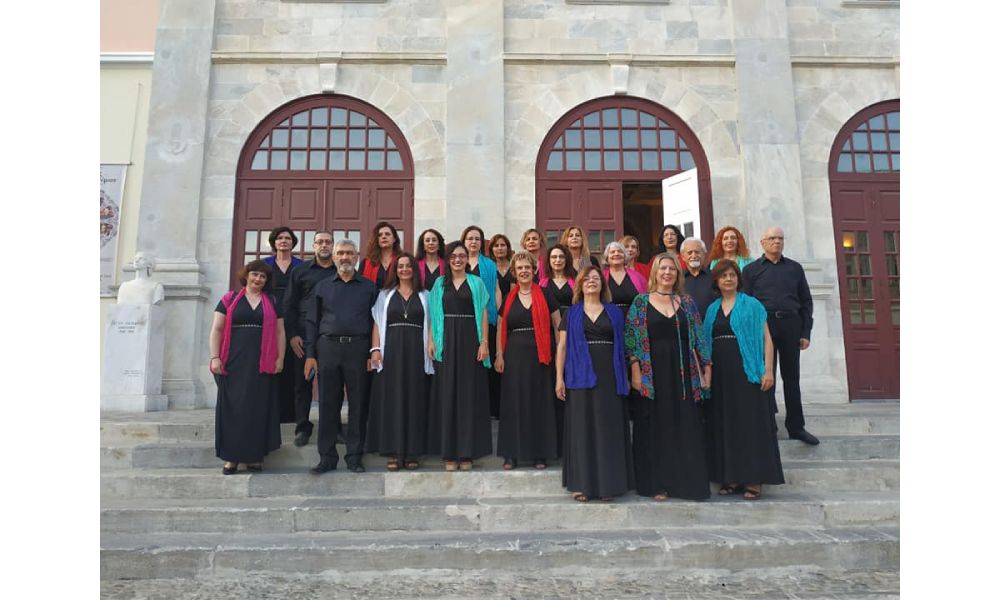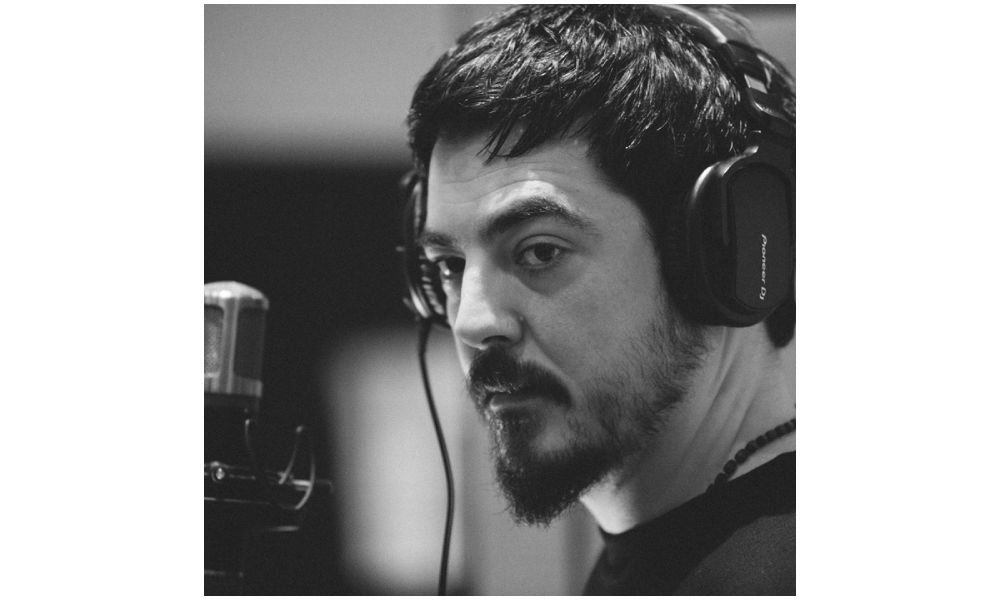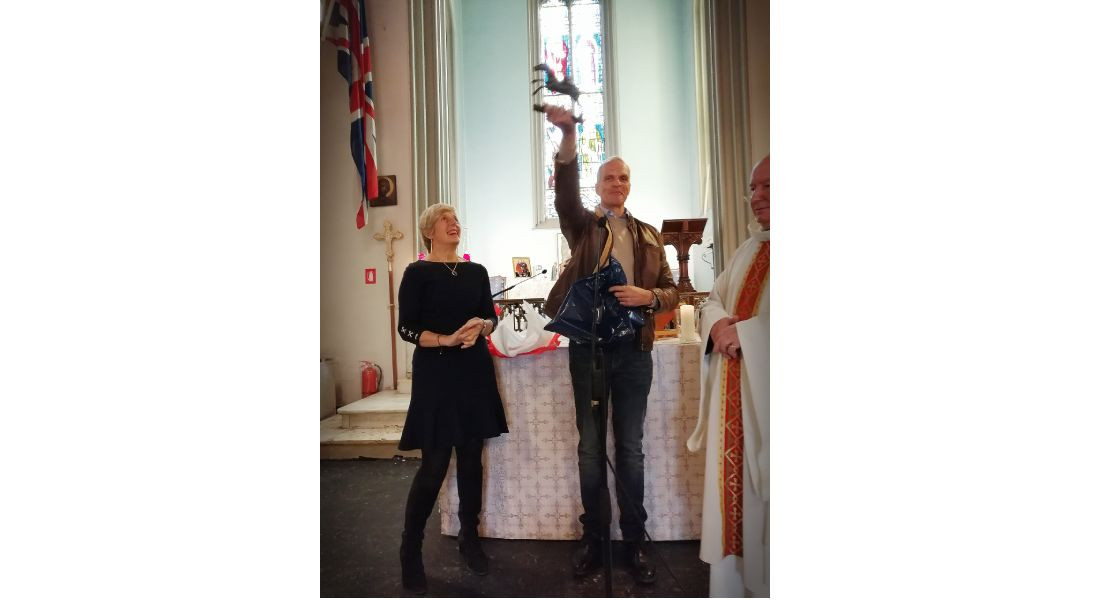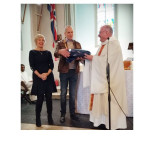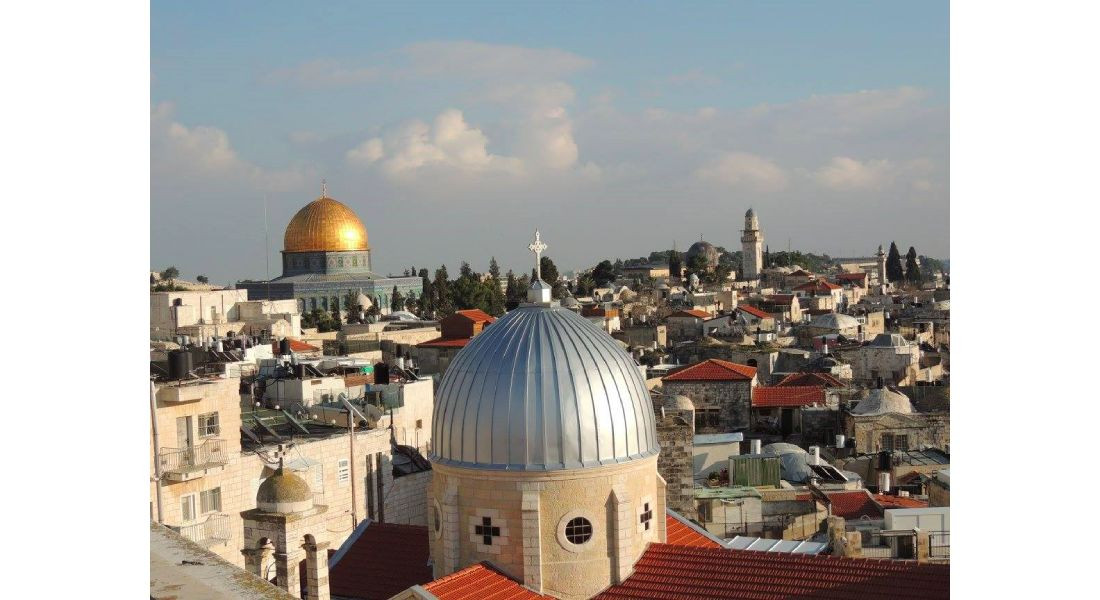3rd Sunday before Lent 2020: Isaiah 58, 1-9; 1 Cor 2, 1-12; Matt. 5, 13-20.
Canon Leonard Doolan – St Paul’s Athens
When I was very young – a long time ago – my father was a coal miner in Ayrshire, in the West of Scotland. Our family has been thinking a lot about him recently as he has been in hospital – nothing too serious, and he is now home – but hospitalization always focuses the minds and concerns of family and friends.
I commend to you also Colin Williams, our lovely former Archdeacon, who immediately on his retirement was diagnosed with prostate cancer, and has just begun his therapy treatment; he is having a hard time, so please keep Colin in your prayers.
Anyway, back to Ayrshire and a very young Leonard Doolan. Every year the pit where my dad worked had an open day when family could visit the coal mine. I remember getting into the lift and travelling down the lift shaft to the coal seam where the coal miners would have dug out the coal to keep our industries going and our houses warm. After a warning the lights were turned out. I recall to this day, that I have never witnessed anything so dark in all my life. Even if you held your hand right in front of your eyes you couldn’t see it. Were it not for the fact that this was all part of plan, and after a few seconds the lights were turned on again, it would have been a terrifying experience. Blackness – sheer blackness.



